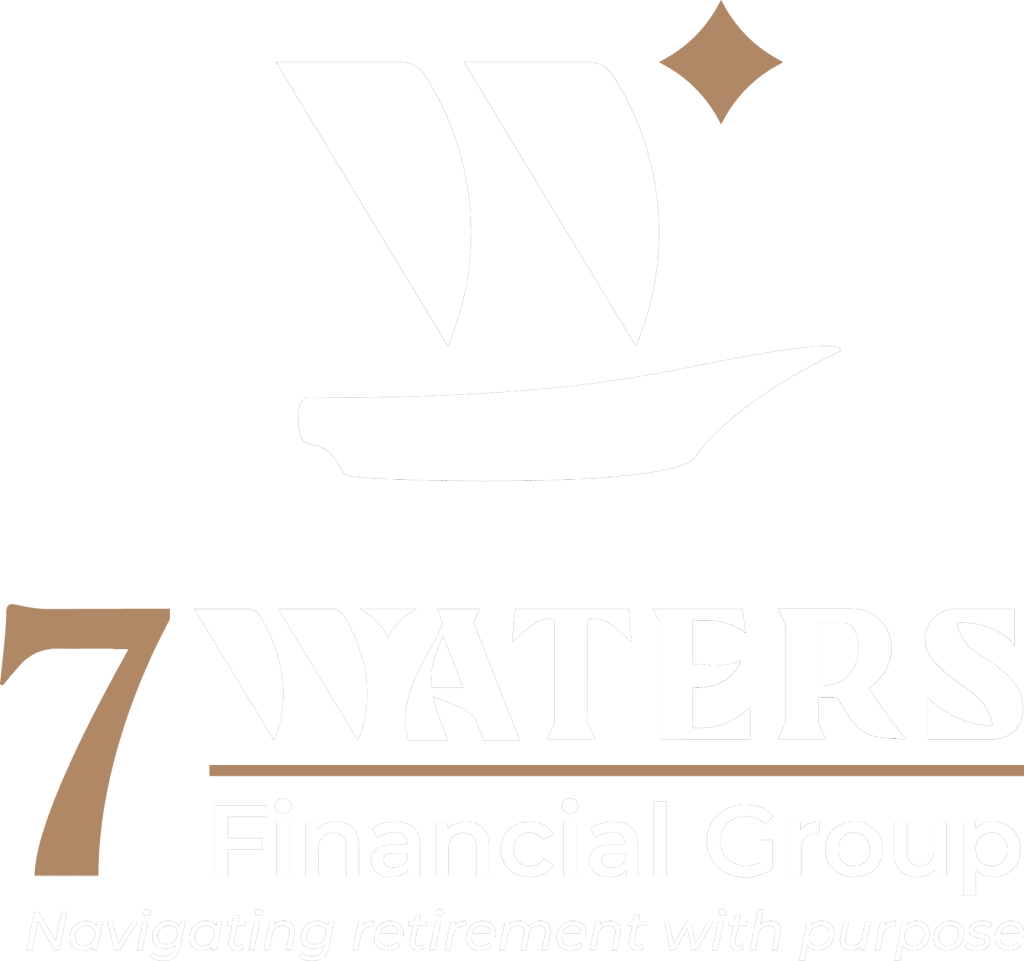When I observe young adults leaving their homes and moving into independence, I watch them struggle to grasp the complexities of their new life. For the first time, they begin to understand how challenging it is to stretch a dollar to meet their needs. Over time, they learn to budget, save, invest, and make better financial decisions as they advance in their personal and professional lives. This transition is not too different from when mature adults move from working life to retirement. They enter retirement unaware of many of the changes they will face and also have a steep learning curve to overcome. The key difference is that young adults have time to recover from mistakes as they grow in their careers, whereas mature adults face what is known as the Retirement Red Zone. The Red Zone refers to the first five years of retirement, where choices have a significant impact on whether their retirement income and portfolio will succeed or fail. Therefore, if you are planning to retire or have recently retired, it is essential to be aware of some common budgeting mistakes new retirees make and how to avoid them.
- Failing to Create and Follow a Budget: Creating a budget is not most people’s favorite task, which is why only a small percentage of clients come into my office with a budget. It can be a tedious and frustrating process. However, without knowing where all your money is going and how much you will need in retirement, you won’t know if your portfolio can meet those needs. You also won’t be able to create a solid investment plan to ensure it can. Take the time to review all your costs. Print out all your account statements for the past year and make sure all your regular expenses are accounted for. Then, determine how much you need to cover your expenses, including the enjoyable things you want to do. Commit to sticking to this plan with yourself and your partner. If you don’t think you can stick to the plan, adjust it accordingly.
- Overestimating Your Potential Retirement Returns: Many variables affecting investment performance change when you retire. You may no longer be contributing to your investments, and any employer matching contributions will stop. Additionally, you might begin drawing from your accounts to cover expenses. Market conditions have also evolved, leading to unrealistic expectations. The market is more volatile than ever, and the average rate of return has decreased over time. Determine the rate of return you need from your investments to ensure you can cover your income needs, including inflation and cost-of-living increases. Knowing this will allow you to compare your required rate of return with your investment returns to see if you can meet your income goals. For example, if you need an average return of 6% but your portfolio historically averages 5%, you will need to either adjust your budget or change your investment strategy, or both.
- Underestimating Your Retirement Needs: Conversely, some retirees are so fearful of running out of money that they limit their spending to only basic needs. I had a client who came to me asking about options for getting her husband on Social Security Disability. She said they were barely able to cover their bills and had skipped meals to make ends meet. I explained the process but also mentioned that it could take more than a year to receive any income. When I asked about their savings, I was astonished to learn they had nearly a million dollars in retirement savings. I asked why they weren’t using any of that money, and she said she was unsure if they would need it later. Determine how much return you need to meet your income needs. Your financial advisor can help you with this. Knowing this may help you feel more confident about what you can withdraw without the risk of running out of money, thus preventing undue suffering.
- Failing to Plan for Future Taxes: Most retirement savings accounts are tax-deferred, meaning you save money on taxes while working by deferring them until retirement. Consequently, most of your money is likely fully taxable. Failing to plan for how and when you will withdraw this money can significantly impact your retirement. Many financial professionals expect an increase in taxes in the future. However, too many people delay withdrawing from their traditional accounts until absolutely necessary, which means the money will continue to grow taxable, possibly pushing you into a higher tax bracket. Consider a Roth conversion strategy. Converting money to a Roth IRA means paying taxes on the converted amount now, but future withdrawals and gains will be tax-free. If you strategically withdraw the difference between your income for the year and the top of a target tax bracket, you can pay lower tax rates now and better manage your future tax liabilities. Work with your tax professional and financial advisor to ensure this is done correctly.
- Not Preparing for Increased Costs as You Age: Healthcare costs will rise as you age, and your retirement could last 20-30 years. That’s 20-30 years of inflation without additional income. Are you prepared for this? One of the most significant costs could be long-term care, which Medicare and most health insurance plans do not cover. The average cost nationwide ranges from $39,000 to $106,000, depending on the level of care needed, and this is expected to double over the next 15 years. Long-term care insurance premiums can be high, but there are now more affordable and flexible options available.
This list may seem daunting, but addressing these major concerns now can save you money, reduce worries, and prevent significant difficulties throughout your retirement. Enlisting a team of trusted advisors and professionals will make this process easier, more effective, and efficient.
